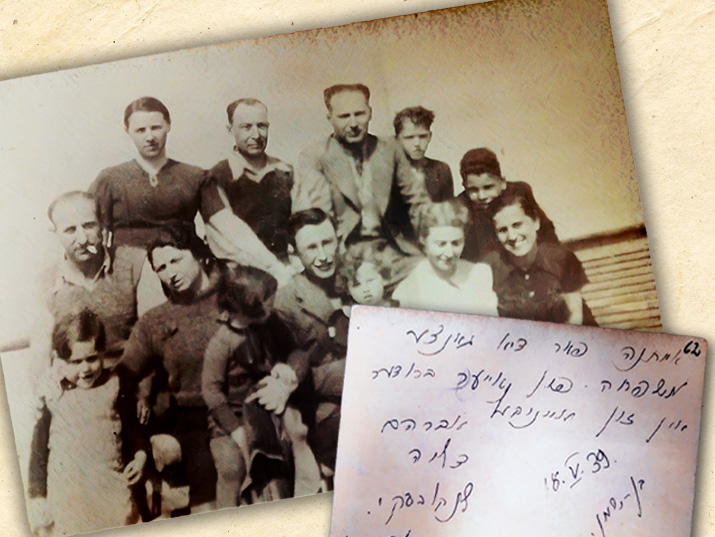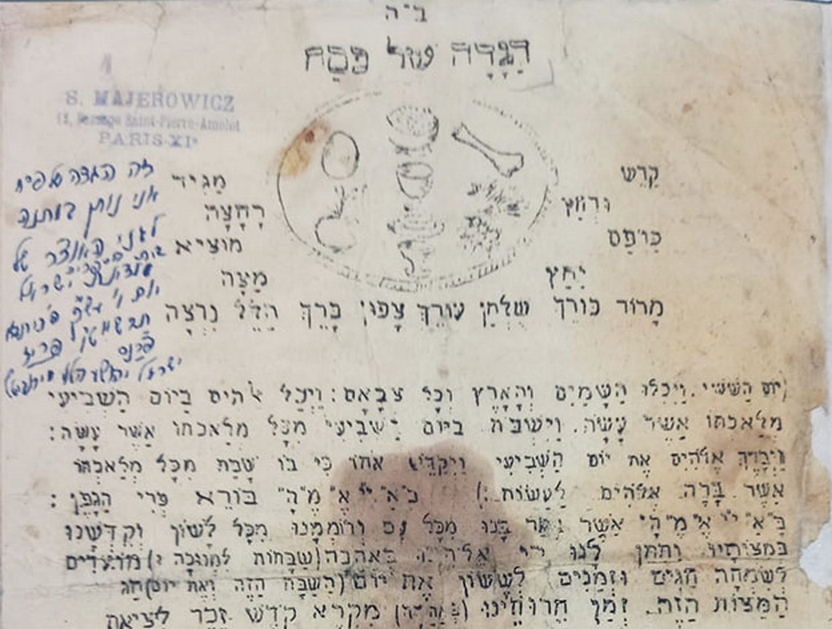Conventional wisdom positions the Naqab Bedouins in southern Palestine and under Israeli military rule as victims or passive recipients. Mansour Nasasra rewrites this narrative, presenting them as active agents who, in defending their community and culture, have defied attempts at subjugation and control. The book challenges the notion of Bedouin docility under Israeli military rule, showing how they have contributed to shaping their own destiny. This represents the first attempt to chronicle Bedouin history and politics across the last century, including the Ottoman era, the British Mandate, and Israeli military rule, and document its broader relevance to understanding state-minority relations in the region and beyond. Nasasra recounts the Naqab Bedouin history of political struggle, land claims, and defiance. Bedouin resistance to central authority, mainly through nonviolent action and the strength of kin-based tribal organization, gave them power. Through primary sources and oral history, including detailed interviews with local indigenous Bedouin and with Israeli and British officials, Nasasra shows how the Naqab Bedouin community survived strict state policies and military control and positioned itself as a political actor in the region.
| Title |
The Naqab Bedouins : a century of politics and resistance / Mansour Nasasra. |
|---|---|
| Publisher |
New York : Columbia University Press |
| Creation Date |
[2017] |
| Notes |
Includes bibliographical references (pages 245-271) and index. |
| Content |
Introduction -- Understanding the state project : power, resistance, and indigeneity -- Ruling the desert : Ottoman policies toward the frontiers -- British colonial policies for the Southern Palestine and Transjordan Bedouin, 1917-1948 -- Envisioning the Jewish state project -- The emergence of military rule, 1949-1950 -- Reshaping the tribe's historical order, 1950-1952 : border issues, land rights, IDPs and UN intervention -- Traditional leadership, border economy, resistance, and survival, 1952-1956 -- The second phase of military rule, 1956-1963 -- The end of military rule and resistance to urbanization plans, 1962-1967 -- Postmilitary rule, the Oslo era, and the contemporary Prawer debate -- The ongoing denial of Bedouin rights and their nonviolent resistance. |
| Extent |
xiii, 288 pages : illustrations, maps 24 cm. |
| Language |
English |
| Copyright Date |
©2017 |
| National Library system number |
990039548510205171 |
תנאי השימוש:
Prohibition of copying
It may be prohibited to copy and use of the item for purposes of reproduction, publication, distribution, public performance, broadcasting, dissemination via the internet or by any other means, and creating a derivative work of the item (for example, translation, modification or adaptation) in any form or by any means, including digital or analog media, without prior agreement of the copyright owner and/or the owner of the collection.
To check the use of an item, please complete the Inquiry for Copyright form.
Additional information: The item may be subject to copyright and/or terms of agreement.
If you believe that there is an error in the information above, or in case of any concern of copyright infringement in connection with this item, contact us using the Inquiry for Copyright form.
MARC RECORDS
Have more information? Found a mistake?

 Sign in with Google
Sign in with Google
 Sign in with Facebook
Sign in with Facebook



